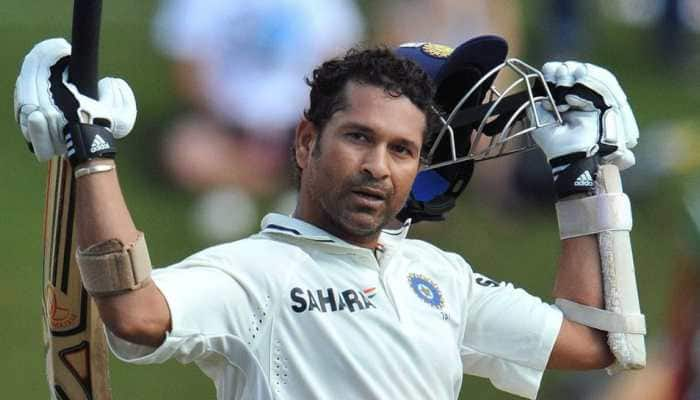What is Kawasaki disease and what are its symptoms?
At least 15 children have been hospitalised in New York City with symptoms of a rare inflammatory condition, alarming pediatricians across the US and raising concerns about the link of the mystery illness to the coronavirus COVID-19.
Trending Photos
) Representational image
Representational image At least 15 children have been hospitalised in New York City with symptoms of a rare inflammatory condition, alarming pediatricians across the US and raising concerns about the link of the mystery illness to the coronavirus COVID-19.
New York City health department said in a statement that the patients exhibited symptoms typically seen in Kawasaki disease or toxic shock syndrome.
The children were between 2 and 15 years old and were admitted between April 29 and May 3. While all the children had a fever, more than half of them reported a rash, abdominal pain, vomiting or diarrhea.
Notably, both Kawasaki disease and COVID-19 are illusive conditions and doctors are still trying to find a proper care for these diseases. Some experts say that Kawasaki disease and coronavirus are not linked at all, while others claim that the mysterious symptoms do not belong to Kawasaki at all.
What is Kawasaki disease?
Dr. Frank Esper, a physician at the Cleveland Clinic’s Center for Pediatric Infectious Diseases, told USA Today that Kawasaki disease is one of the great mysteries in pediatrics. Esper added that it is something the doctors have been dealing with for decades.
According to Britain's National Health Service, the symptoms of Kawasaki disease include a fever of at least 101 degrees that lasts for around five days or more, a rash and swollen glands in the neck. According to experts, the disease predominately affects children between the ages of 2 and 6 and is more likely to happen in the winter than the summer.
While doctors know how to treat Kawasaki disease, they are yet to find out the causes behind this disease. Esper says "a cemetery of different reports" have hypothesized the disease is caused by viruses.
“Kawasaki disease is the boogeyman to pediatricians,” he said. “It’s extremely difficult to diagnose. Even with the most astute clinicians, we have a hard time figuring out who has it and who doesn’t.”
Stay informed on all the latest news, real-time breaking news updates, and follow all the important headlines in india news and world News on Zee News.
Live Tv







)
)
)
)
)
)
)
)
)
)
